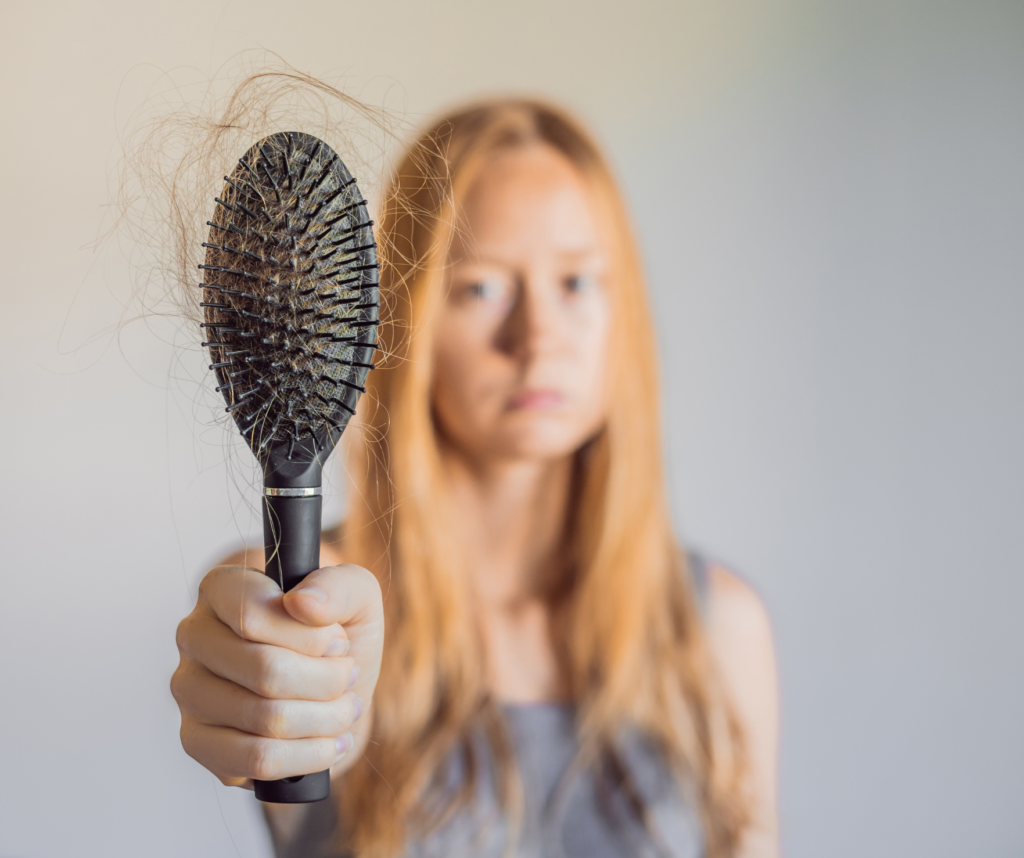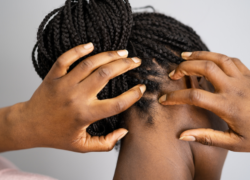
Stress has become an unavoidable part of modern life. From demanding work schedules to personal responsibilities, many individuals constantly battle with stress. While occasional stress is a natural body response, chronic stress can severely affect overall health, including hair loss. Read this article to understand the connections between chronic stress and hair loss, focusing on conditions such as alopecia areata, telogen effluvium, and hair loss in women.
Alopecia Areata
One of the most prominent hair loss conditions associated with chronic stress is alopecia areata. This autoimmune disorder occurs when the immune system mistakenly attacks hair follicles, which results in hair loss. While the exact cause of alopecia areata is unknown, research suggests that chronic stress may trigger or exacerbate the condition. Stress hormones like cortisol, when consistently elevated, can disrupt the normal hair growth cycle, leading to the development of alopecia areata.
Telogen Effluvium
Another hair loss condition linked closely to chronic stress is known as telogen effluvium. A general thinning of the hair rather than patchy bald spots characterizes this condition. Stress-induced telogen effluvium occurs when a significant number of hair follicles prematurely enter the resting (telogen) phase of the hair growth cycle. This condition causes excessive shedding and a noticeable reduction in hair volume. Chronic stress can disrupt the delicate balance of hormones, such as cortisol and adrenaline, leading to telogen effluvium.
Androgenetic Alopecia
Hair loss not only affects men; women also experience this distressing issue. Research has shown chronic stress to play a significant role in hair loss among women. Stress can aggravate female pattern hair loss, also known as androgenetic alopecia. Women with a genetic predisposition to hair loss may find that chronic stress speeds up the onset and progression of the condition. Women may also experience hair loss because of hormonal imbalances caused by chronic stress, such as an increase in androgens (male hormones) or a decrease in estrogen.
Stress-induced hair loss is a complex issue influenced by various factors. Chronic stress can disrupt the normal functioning of the hair growth cycle, leading to an increased proportion of hair follicles in the resting phase. This disruption can cause noticeable hair thinning and shedding. Stress can cause vasoconstriction, limiting blood flow to the scalp and depriving hair follicles of essential nutrients and oxygen. As a result, hair follicles may become weak and less capable of producing healthy hair strands.
It is important to note that managing stress is crucial—not only for your overall well-being but also—for the health of your hair. Implementing stress management techniques can help mitigate the impact of chronic stress on hair loss. These techniques may include regular exercise, applying relaxation exercises such as deep breathing or meditation, getting enough sleep, maintaining a balanced diet, and seeking support from friends, family, or professionals.
Maintaining a healthy lifestyle can get complicated. Contact the professionals at Parker Trichology Center and Salon for a consultation. We can help you heighten your health and hair growth experience at our salon in Carrollton, TX. Our certified trichologists will provide you with the holistic approach to health. Contact our salon here or call 214-307-6200 to speak with a stylist today.



